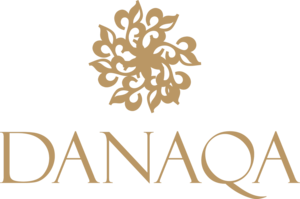“Farmers are not a homogenous group. They range from subsidiaries of international corporations cultivating hundreds of thousands of hectares to smallholders seeking to secure a livelihood from two hectares — and everything in between.
As such, interventions to address the negative environmental and social impacts of agricultural expansion cannot take a “one size fits all” approach.”-CIFOR
At the recent Global Landscapes Forum: The Investment Case, experts from the financial services industry met with leaders from the corporate sector, senior government officials and project developers to explore the potential of private finance in enhancing livelihood, environment and food security benefits through sustainable investment in landscapes.
The main factors considered were the risks and barriers that are currently preventing the $10-$20 billion worth of annual investment needed in sustainable landscape management.
When considering the definition of ‘risk’ as something that exposes someone or something of value to danger, harm or loss, let us expand the conversation to what it is that we value. The ‘something’ that we value is the natural world of our precious planet, its diverse eco-systems that sustain us through the provision of air, water and nutrition. The ‘someone’ that we value are the small-holders, farmers and foresters that care for the land, forests and oceans to ensure that we continue to have access to clean air, safe water supplies and secure food sources, and that people who currently do not have adequate supplies of these can have increased access to ensure an equitable standard of living worldwide.
Therefore, as well as a need for a common language between financial and development sectors, there needs to be clear channels of communication to ensure that the needs of all stakeholders are met. The current conversations surrounding these issues seem somewhat weighted towards how the small-holder or associated project can become more attractive to investors, without much dialogue on how the investors can best support the project to achieve its desired outcomes. A successful conversation is based on a two way flow of knowledge sharing and understanding through attentive listening. Are we properly listening to the needs and experiences of the small-holder who exists in the ‘real world’ of high risk through climate hazards, shifting prices, high credit rates and insufficient financial literacy; risks that have a direct and significant impact on the livelihood of the small-holder, his or her family and community and the sustainable management of our landscapes. These seem much higher ‘risks’ in contrast to the ‘abstract’ world of finance governed by rates of return, percentages and time frames.
Effective conversation is an opportunity to share values, desired outcomes, common language and understanding, knowledge and experiences from both sides to be able to better work together to create innovative solutions to existing challenges and increase the positive impact of sustainable landscape development.



